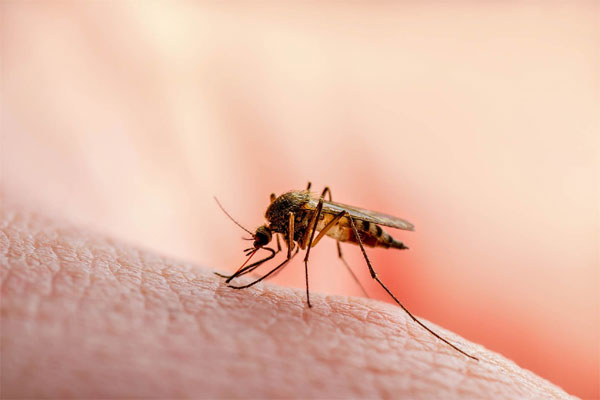Daijiworld Media Network - New Delhi
New Delhi, Sep 25: A promising new monoclonal antibody treatment for malaria has demonstrated strong protection and safety in its first human trial, according to a study published in The Lancet Infectious Diseases. The experimental antibody, MAM01, was found to be safe, well-tolerated, and capable of preventing infection in individuals with no prior exposure to malaria.
?? What the Study Found
In a Phase 1 randomized controlled trial, none of the participants who received the highest dose (40 mg/kg) of MAM01 developed malaria parasites in their blood up to 26 weeks after being deliberately exposed to the parasite in a controlled environment.

The trial involved 37 healthy adults aged 18–50, all of whom were malaria-naive — meaning they had never been exposed to the malaria parasite and lacked any natural immunity.
“Although new vaccines are now available, their protection is still not optimal,” said Prof. Kirsten E. Lyke of the University of Maryland’s Center for Vaccine Development and Global Health.
“This trial shows that monoclonal antibodies like MAM01 can provide significant protection and may simplify malaria prevention efforts.”
?? Key Trial Results:
• Participants: 37 malaria-naive adults
• Study Period: August 2023 – December 2024
• Dosage Groups: Various doses of MAM01 vs. placebo
• Safety: No treatment-related serious side effects reported
• Efficacy:
o All 6 participants in the placebo group developed malaria
o 18 of 22 participants in the lower-dose MAM01 groups also developed malaria
o 0 of 3 participants in the highest dose group (40 mg/kg) developed parasitaemia
• Protection Threshold: Blood concentrations above 88 μg/mL of MAM01 linked to full protection
?? Global Context
According to World Health Organization (WHO) data:
• 263 million people were infected with malaria in 2023
• 597,000 deaths occurred globally, with children under five most at risk
?? Why This Matters
Monoclonal antibodies like MAM01 target the Plasmodium falciparum circumsporozoite protein—a key component of the malaria parasite’s early life cycle—offering a precise, targeted defense before the parasite can take hold in the human body.
?? What’s Next?
The promising results pave the way for larger Phase 2 and 3 trials to assess long-term efficacy, cost-effectiveness, and potential deployment in high-risk regions.
If further trials confirm its efficacy, MAM01 could become a powerful new tool in the fight against malaria, especially in areas where vaccine effectiveness is limited or where rapid protection is needed during outbreaks.